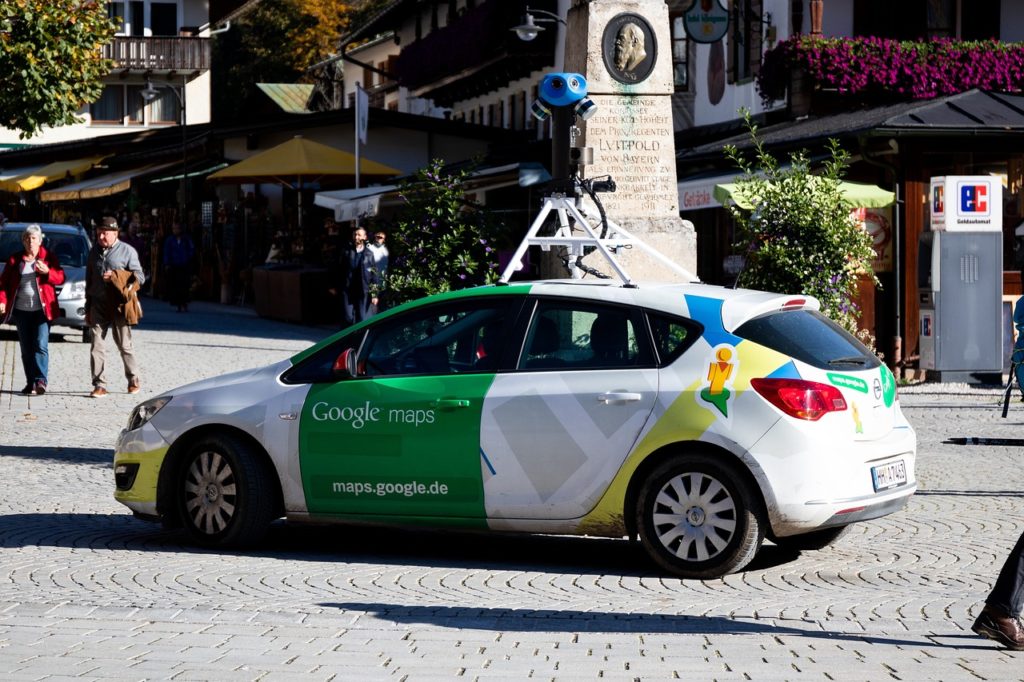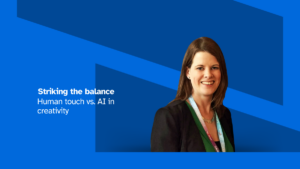By Ciaran Deering, Head of Online, The Grove Media
With near daily stories about the growing popularity of TikTok with younger audiences, Google’s recent announcement of changes to its search functionality to lure back young users back came as no real surprise.
Google had already admitted that younger users were diverting questions to social apps that would have previously been ‘Google it’ search enquiries. So to take on TikTok, Google was arguably forced to update its functionality, adding more visual, infinite scrolling search results. This update will see more images and videos appearing in Google’s mobile app search – some of which will be from TikTok as well as YouTube Shots.
This new ‘Exploration’ search feature, will also be accompanied by a new feature for Google Maps called ‘Neighbourhood Vibe’, which provides an at-a-glance view of what’s trending in a community, and displaying landmarks and photos from business reviews on local maps. There will also be a section on Google’s search results page dedicated to recommendations from forums and sites such as Reddit, and an augmented reality mode in Google Maps that overlays listings like transit stations and ATMs onto a phone’s live view of the world.
All of this is intended to make a Google a much more attractive experience for young people. Frankly, it remains to be seen how successful this is. Young people have been among the most vocal in complaining that the Google’s first page of search is littered with ads and SEO-optimized articles. This is one of the reasons they have turned to TikTok for what they perceive to be more authentic or relevant information, crowdsourced directly from enthusiasts on forums. And there is an ongoing debate about Google bias and the platform’s control over what people see in their search results.
And, it remains to be seen whether any of these changes actually have an impact on Google’s search transparency and whether users really get the best results. It also raises questions about what older audiences will make of the more video and social content based results. But let’s not get things out of proportion. Google is still the dominant search engine, and as long as ‘Google it’ remains a colloquialism then it’s likely that Gen Z users will continue to go to Google for many of their search needs. And Google is right to address the shift to TikTok – it had to do something now before it becomes a problem it couldn’t resolve.
For advertisers, Google’s move arguably has greater implications for their overall approach to social media, than specifically for their search strategy. It should further encourage advertisers to make sure they have a good footprint of content across all social media platforms – particularly TikTok as Google will be delivering search results directly from the platform. Ultimately, it’s further evidence that advertisers can ill afford to ignore TikTok as a platform for their brand, particularly if they are seeking to attract younger audiences.
The implications for paid search are unclear at the moment. Google has said nothing about this to date. But, they have spent years diversifying their offering with products like Discovery Ads and Performance Max. With Discovery Ads they already have extensive experience of serving social-style ads to user’s feeds. So it’s likely that advertisers will simply see new formats available to them in the paid search channel, and we may see more search ads delivered to users mobile devices via Performance Max campaigns, which are already delivering text search ads.










